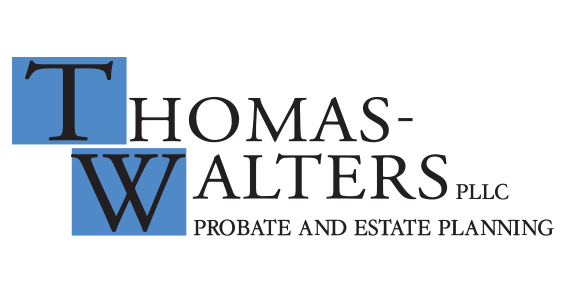Many people now prefer an estate plan that uses a revocable living trust over a will as the primary estate planning document. Here are four reasons why:
A properly prepared and funded revocable living trust plan avoids probate at death, including multiple probates if you own property in other states. A will must go through probate, and if you own property in more than one state, your family could face multiple probates, one in each state. Avoiding the cost of probate is often a factor when choosing a living trust, but many people are just as interested in avoiding the court process altogether, along with its delays, lack of privacy, loss of control and emotional stress.
A properly prepared and funded living trust avoids court interference at incapacity. Most people prefer to have their care and assets managed privately by people they know and trust, instead of being placed in a court guardianship, which is costly, time consuming, public and stressful. A will is of no help if you become incapacitated because a will can only go into effect when you die.
A living trust brings most of your assets together under one plan with one set of instructions, making it easier to provide fair and equal inheritances to your loved ones. On the other hand, a will can only control those assets titled solely in your name, and provides no control over jointly owned assets or those for which you have named a beneficiary (like life insurance or 401k plans).
A properly prepared and funded revocable living trust is more private than a will and is not as easily contested. Because probate is a public process, disgruntled heirs and other interested parties are invited to submit claims and contest your will, and unwanted solicitors may be able have gain knowledge about your family’s personal and private financial information. A revocable living trust does not have these pitfalls.
What, then, is a properly prepared and funded living trust? “Properly prepared” means the documents are written correctly according to the law and your desires. This is best accomplished by having an experienced estate planning attorney such as those at Thomas Walters prepare your trust. “Properly funded” means you all assets are properly titled in the name of your revocable living trust and proper beneficiary designation forms are completed naming your revocable living trust as beneficiary. Your revocable living trust only controls the assets that have been transferred to it. If you forget to put an asset into your trust, it will have to be added to your trust after you die through probate before it can be distributed along with your other assets according to your desires as set forth in your revocable living trust.
